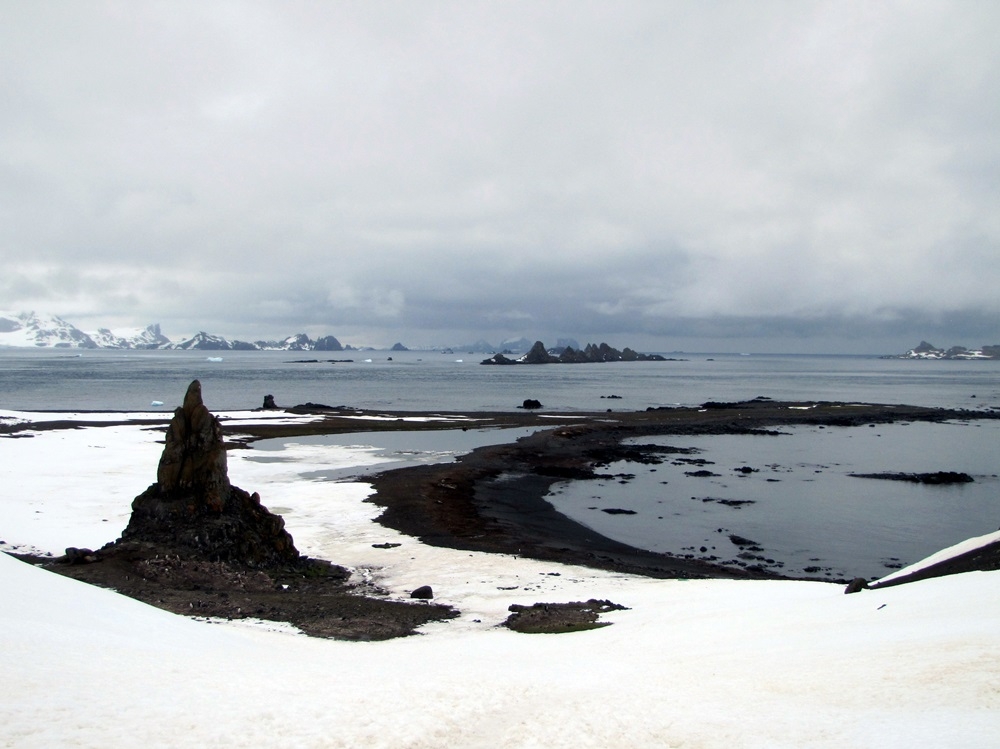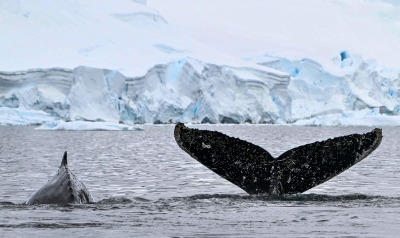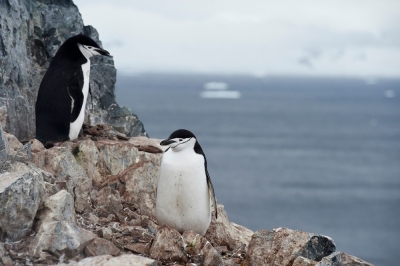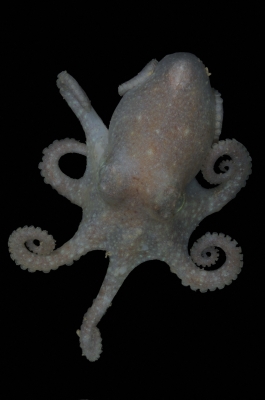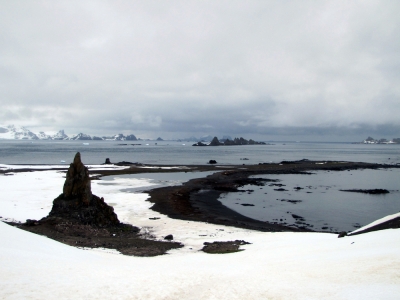‘Very worried’: Scientists fret as Antarctic sea ice dwindles
LIVINGSTON ISLAND, March 10 — Sea ice levels in Antarctica have registered historic lows for three consecutive years, portending grave consequences for life on Earth as we know it. But looking out over the southernmost continent, scientist Miguel Angel de Pablo laments that humanity seems to be oblivious to the warnings. “We (scientists) are very … Read more

